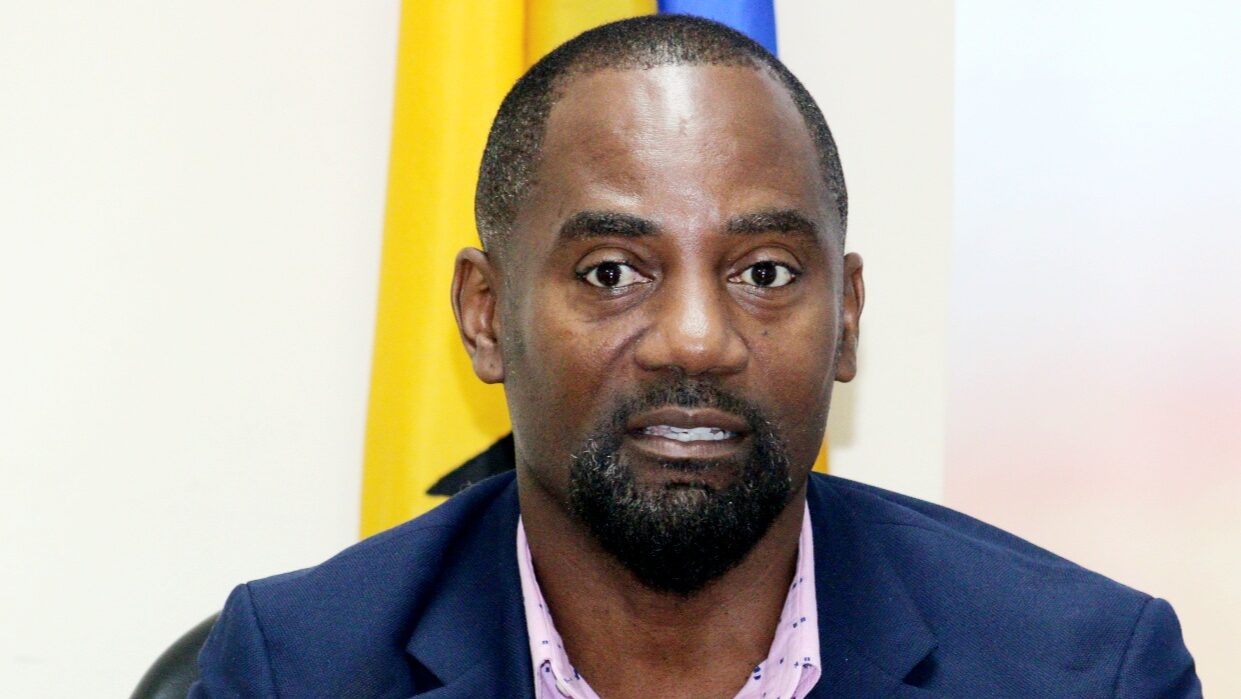Barbados Minister Warns of Growing 'Care Deficit' Crisis Amid Shrinking Family Support

July 25, 2024
Barbados Minister of People Empowerment addresses the country's care deficit, emphasizing the decline of traditional family support structures and the need for increased State involvement in caregiving. Initiatives aim to enhance home care services.
Barbados faces a critical “care deficit” that poses a more significant challenge than its economic issues, according to Minister of People Empowerment and Elder Affairs, Kirk Humphrey.
In a stark assessment of the island’s social fabric, Humphrey warned that traditional family support structures are eroding, leaving the State to fill an ever-widening gap in caregiving.
Speaking at the launch of a National Transformation Initiative to train hundreds of home care workers in collaboration with the National Assistance Board (NAB), Humphrey said: “If we’re going to be a caring country, my biggest concern right now is that as the traditional mechanisms of care that are supposed to be the foundation of a society, family and extended family, or people just caring within the family, as those things begin to erode, there is going to be a need for us in the State to play a different role.”
The minister for social care highlighted the urgent need for societal change, pointing to troubling trends in elder care and instances of abandonment.
“I think we built a society with the assumption that the family would carry a significant part of the burden. And what you are seeing every day in different manifestations is that the family is no longer playing that role,” he observed.
Humphrey’s comments came as he announced a major training initiative for over 600 NAB staff members, aimed at enhancing their caregiving skills.
He emphasised the importance of compassion in public service: “We have to expose our staff to higher levels of training so that when they engage with other people in public, people sense a degree of compassion. And there’s not everything you can teach, but I do believe there’s some things we can convey.”
The minister called for a fundamental shift in hiring practices, urging a focus on candidates with genuine empathy.
“There are a number of people who come forward with eight million qualifications and present themselves for a job, but the bigger requirement is that they care about other people,” he said. “We have to start asking different questions beyond ‘what your degree is — did you get honours?’ Those kinds of questions: ‘Tell me what you have done growing up; what have you done for other people?’”
Suggesting a novel approach to addressing the care deficit, Humphrey proposed integrating the arts into caregiving practices.
“We have people who are in the arts, but we’re not using the arts. And my [permanent secretary] and I have been discussing for too long how we include the arts in our practice. Part of our training, but beyond our training, how do we include the arts in the work that we do? How do we include the arts in communicating this message of care? Because in my mind, that is the biggest deficit this country has to face.”
It was not immediately clear whether the arts would be accommodated in the home help programme or in the NTI training initiative.
The minister painted a sobering picture of Barbados’ demographic challenges: “If we accept that Barbados is an aged society, and Barbados now has one in every five persons over 65, one in every four over 60, that’s a serious number. If the population is getting older but we are caring less, you can understand what is going to happen to this country in the next few years.”
Humphrey called for comprehensive community involvement to address these issues, stressing: “If the younger people who also need care are not being cared for, well then, we have a double problem. And I think that training is going to be a big part of it, but we need to have parenting programmes and community-based programmes, and everybody has to be involved.”
While acknowledging significant government investments in elder care and legislative progress, including the passage of child protection legislation and the impending disabilities bill, the minister insisted more action is needed.
“This government has spent the most money on elder care in the history of this country, by far,” Humphrey said. “We’ve added almost $10 million to the National Assistance Board to be able to provide community elder care. We’ve just given an additional $7 million to the National Systems Board to be able to build out elderly facilities.”
But, he warned: “I would be very concerned about the society we leave if we do not do it together or if we do not recognise that there is serious work that has to be done in this country and that it requires every single one.”
The social care minister drew a direct link between the care deficit and rising crime rates, noting: “If of the 27 murders we’ve seen, nine of those murders were not gun-related, those are people who had a quarrel, got angry, and hurt somebody else. We have to be able to talk these things through. Conflict resolution has to be part of the conversation.”
In a plea for collective action, Humphrey said: “There is a lot of work to be done in this country, and if we do it together, we will solve most of our societal problems.”


